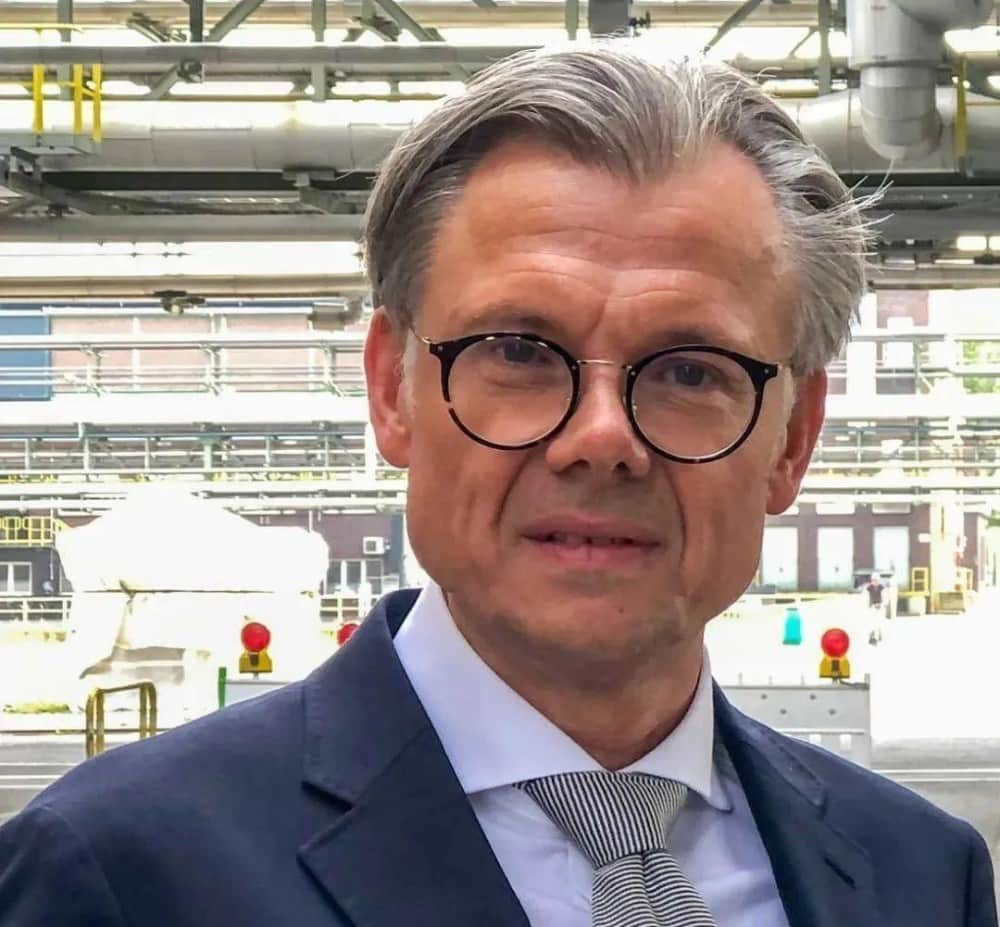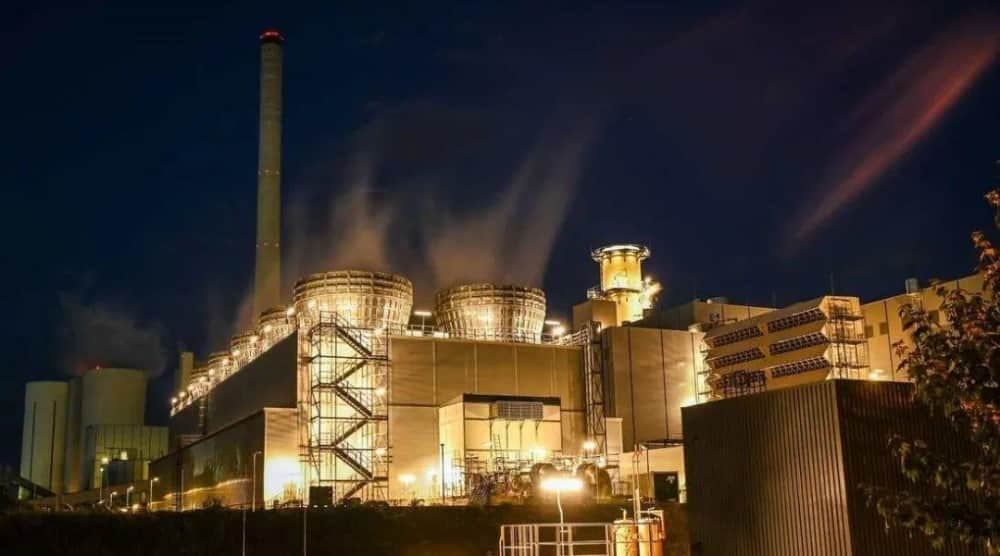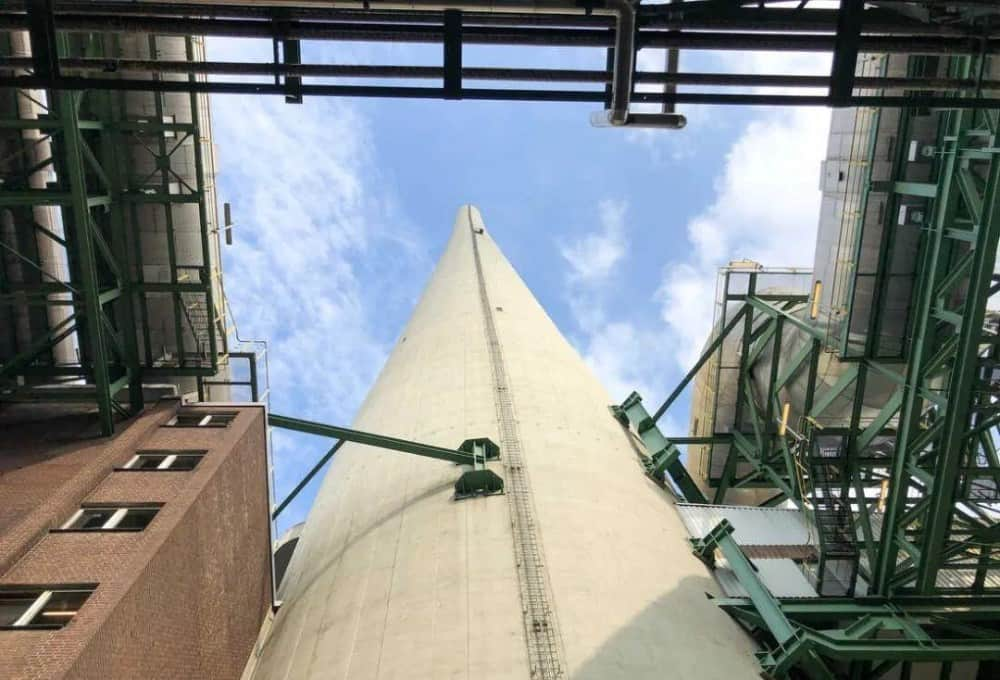Germany is facing an energy crisis. Is coal burning a poison to quench thirst?
 namkoo solar
namkoo solar
"Over there, there is our port," said the wind. With one hand firmly holding the helmet and the other pointing to the distance, Venter said, "Do you see the yellow crane? Our coal will be sent there from the ship."
The coal will eventually come to the furnace at Venter's feet. After burning, the heat from them drives the turbine to generate electricity, providing winter energy for the chemical industrial park, and ensuring that 10000 workers in the park can work normally.
Like other large coal-fired power plants, Mar Power Plant should have been closed by the end of this year to achieve the goal of phasing out coal power. But as Russia reduced its supply of natural gas to Europe, Germany had to continue to use coal, the most reliable and polluting fossil fuel. In order to get through this winter, at least 20 coal power plants nationwide have been delayed or reopened.
A desperate attempt:
Heiko Mennerich, the energy director of Evonik, said that despite the high price of coal, "if there is no energy, no electricity and no steam this winter, the problem will be much worse".

At the beginning of 2021, the price of coal in Germany is still 64 dollars a ton; By this summer, it had risen to nearly $400 a ton. "Compared with the United States, European energy prices put Evonik in a disadvantageous position," Menelic said. "I am worried that if energy prices remain so high, European industries will be seriously affected."
The forecast recently released by the German Central Bank shows that Germany is facing an overall decline in economic output due to the energy crisis.
Turning points and opportunities
In Dortmund, not far from Mar, another company saw opportunities for development in the crisis.
The energy company Steag's coal power plant in Dortmund is operating at full power, providing 1.3 million households with electricity. This year, Stig had expected to close five of the six coal power plants, but the government extended the license for another two years. This means that Stig will continue to guarantee 3% of Germany's household electricity.

"From the perspective of revenue, the energy crisis is not a bad thing," said Daniel M ü hlenfeld, a spokesman for Stig. "Although the government has limited the company's energy revenue, the situation is much better than when the coal power industry was forced to be phased out in 2020."
Environmentalists say:
Stig's profits from coal power will eventually be used to build wind turbines and solar panels. But environmentalists worry that the German government cannot guarantee that all energy companies will do so.
Nevertheless, even the most staunch environmentalists agree that coal is the fastest and most affordable choice for Germany to overcome the energy crisis.
"We can understand why the German government let the coal power plant restart," said Karsten Smid, a German expert from Greenpeace. "But don't forget: coal has a very bad impact on the climate. If the government can't promise to reduce the corresponding carbon dioxide emissions in the future, we will not agree to increase the use of coal."
Schmidt said that the government must ensure that each ton of carbon dioxide emitted by coal will be compensated through other links. The problem is that the German government has given the green light to energy companies before making a commitment. Coal seems to be the only way to keep the economy from freezing this winter.




































